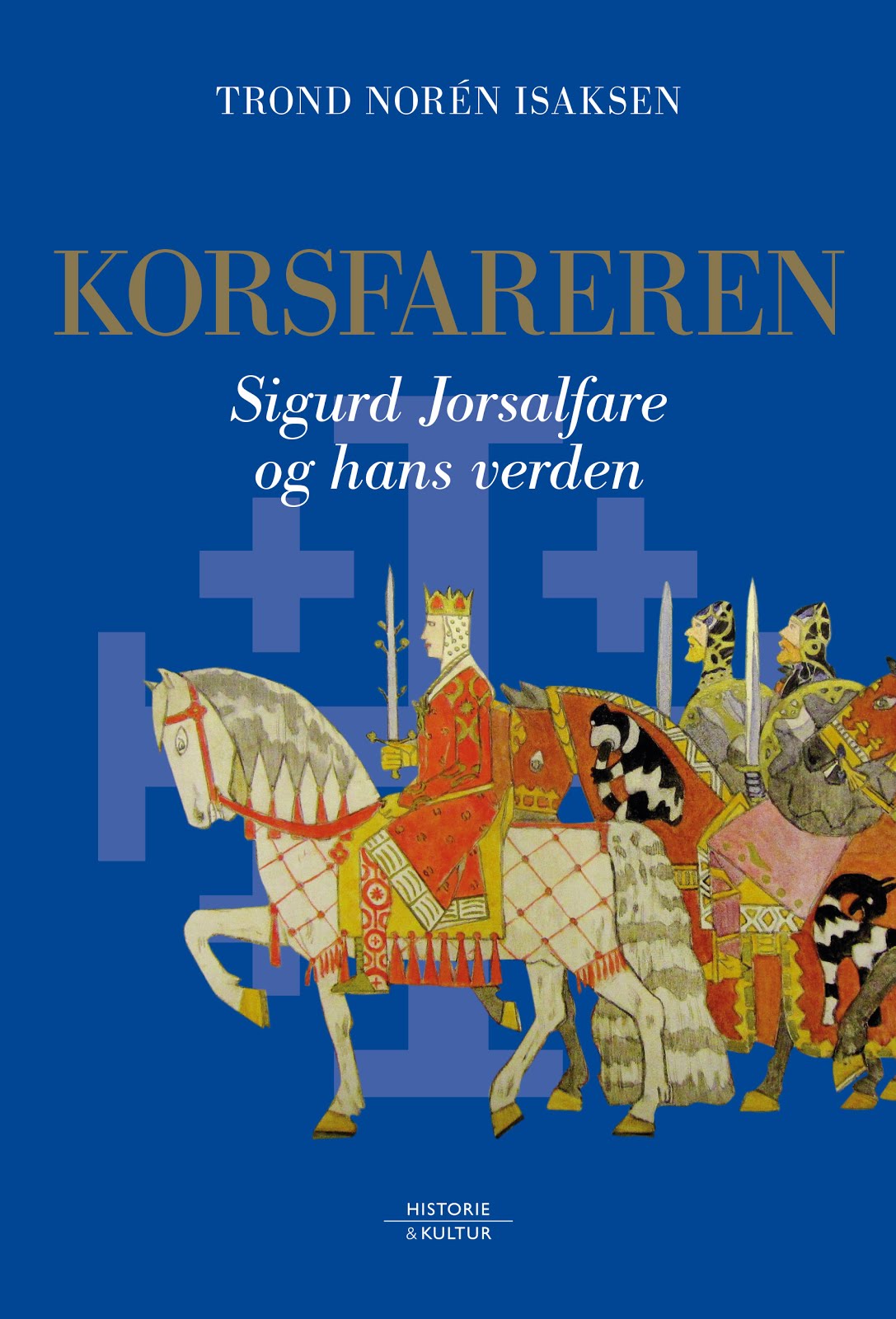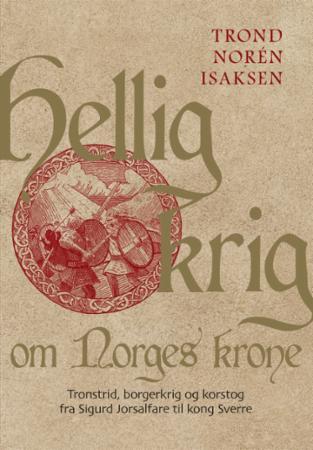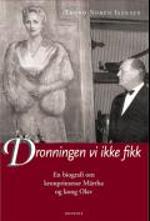Today is an historic day for the British monarchy as the Succession of the Crown Act 2013, which introduces gender neutral succession in Britain and the other fifteen realms of which Elizabeth II is head of state, comes into force. The prime minister of the sixteen kingdoms agreed upon these changes at the Commonwealth Heads of Government meeting in Perth on 28 October 2011 and although it passed its final reading in the British Parliament and received the royal assent in April 2013 it has not come into force before now as it needed to be passed by the all the realms, which has been a rather complicated process. In the end Australia, Barbados, Britain, Canada, New Zealand, St Kitts and Nevis and St Vincent and the Grenadines have passed legislation to amend the succession, while Antigua and Barbuda, Bahamas, Belize, Grenada, Jamaica, Papua New Guinea, St Lucia, the Solomon Islands and Tuvalu concluded that it was not necessary to pass legislation, apparently because the succession was not codified in suc detail. For instance, the constitution of Tuvalu appears to say that whoever is monarch of Britain is monarch of Tuvalu.
While younger brothers have until now bypassed elder sisters in the act of succession, the first-born will now be the heir regardless of its gender. This change will be retroactive, but only for those born after 28 October 2011. Thus Princess Anne is still behind her younger brothers and their children in the line of succession, and Prince Edward's son is still ahead of his older sister, while Senna Lewis, a granddaughter of the Duke of Gloucester, overtakes her younger brother Tane, who was born after that date.
The new Succession to the Crown Act also means that people who marry to Catholics are no longer barred from ascending the throne, while Catholics themselves are still excluded as the monarch is required to be Anglican. This change is retroactive, so that the Earl of St Andrews (the Duke of Kent's oldest son), Prince Michael and several others are now back in the line of succession (while Lord St Andrews' children and his brother Lord Nicholas Windsor, who are themselves Catholics, are still excluded).
The new act also repeals the Royal Marriages Act of 1772, scrapping the requirement for anyone in line of succession to seek the monarch's permission to marry. This will now only apply to the first six people in line to the throne. Currently those six are Prince Charles, Prince William, Prince George, Prince Harry, Prince Andrew and Princess Beatrice, which means that Prince Andrew's eldest daughter needs permission while her sister does not (the birth of Prince William's second child, which is expected in the second half of April, will however push Princess Beatrice out of the top six).
Of the seven European kingdoms, Spain is now the only one left where sons still take precedence over daughters in the order of succession. Gender neutral succession was first introduced in Sweden in 1980, followed by the Netherlands in 1983, Norway in 1990, Belgium in 1991 and Denmark in 2009.
Thursday 26 March 2015
Tuesday 24 March 2015
Barbados to abolish monarchy
In a speech to party supporters, the Prime Minister of Barbados, Freundel Stuart of the Democratic Labour Party, has announced that the country will "move from a monarchical system to a republican form of government in the very near future". Legislation to transform the Kingdom of Barbados into a republic will be put to Parliament to mark the fiftieth anniversary of Barbados's independence next year and will, according to the Democratic Labour Party's Secretary General George Pilgrim (quoted in The Times today) "move the country through to the next major step in the process of nationhood". Pilgrim does not "expect any opposition" to the change.
Barbados is currently one of fifteen countries of which the British monarch is head of state, the others including Canada, Australia and New Zealand, but the Queen of Barbados has only visited five times and has not set foot in the country for 26 years. Her youngest son, Prince Edward, Earl of Wessex and his wife Sophie did however visit Barbados a year ago.
Like many other countries who have removed the British monarch from the position of head of state, Bahamas intends to remain a member of the Commonwealth. It is interesting to note that Prime Minister Stuart said that they "respect [Queen Elizabeth] very highly as head of the Commonwealth and accept that she and all of her successors will continue to be at the apex of our political understanding". These words are interesting as the headship of the Commonwealth is not hereditary; thus Prince Charles will not automatically become its head when Queen Elizabeth dies.
Barbados is currently one of fifteen countries of which the British monarch is head of state, the others including Canada, Australia and New Zealand, but the Queen of Barbados has only visited five times and has not set foot in the country for 26 years. Her youngest son, Prince Edward, Earl of Wessex and his wife Sophie did however visit Barbados a year ago.
Like many other countries who have removed the British monarch from the position of head of state, Bahamas intends to remain a member of the Commonwealth. It is interesting to note that Prime Minister Stuart said that they "respect [Queen Elizabeth] very highly as head of the Commonwealth and accept that she and all of her successors will continue to be at the apex of our political understanding". These words are interesting as the headship of the Commonwealth is not hereditary; thus Prince Charles will not automatically become its head when Queen Elizabeth dies.
Labels:
Barbados,
Britain,
Commonwealth,
republicanism,
royalty,
Windsor
Wednesday 18 March 2015
King appoints female Lord Chamberlain
I have been too busy lately to find time to update this blog regularly, but one piece of news from last Friday surely deserves to be mentioned: The King has appointed Gry Mølleskog Lord Chamberlain, thereby making her the first woman in Norway - and as far as I know also in Europe - to hold the top position at the royal court. Mølleskog will take over in the summer from Åge B. Grutle, who was been Lord Chamberlain since 2009 and was appointed Ambassador to Finland in the Council of State on Friday.
Mølleskog, who is 53 years old, was chief of staff to the Crown Prince and Crown Princess from 2003 to 2006, when she left to pursue a business career. She was Senior Vice President of SAS (Scandinavian Airlines) and Senior Client Partner of the recruitment company Korn/Ferry, but returned to the royal court in 2012, when the Crown Prince and Crown Princess's office merged with the office of the King's Private Secretary to form the Royal Secretariat and Mølleskog became Chief of Staff and head of the secretariat.
The creation of a joint staff for the King and Queen and the Crown Prince and Crown Princess was a significant step that intended to make the future transition from Harald V to Haakon VIII as smooth as possible. The King will not abdicate, but while King Olav remained the absolute head of the monarchy until the very end, King Harald has turned it into a teamwork, first between himself and the Queen and in the past fifteen years also including the Crown Prince and Crown Princess in the making of all major decisions (although the King retains the last word).
The fact that Gry Mølleskog will (probably) be King Harald V's last Lord Chamberlain can also be seen as a testimony to the feminisation of the monarchy and the royal court that has taken place in his reign. King Olav's court was almost exclusively male - it was only after 25 years that a female Assistant Private Secretary was appointed in 1982 - while the royal household of the current reign has been more or less equally balanced between genders. While King Olav's household consisted almost entirely of officers, the court of Harald V has been recruited from a wider base. The highest court position held by a woman before Mølleskog was that of Private Secretary, which was held from 2000 to 2012 by Berit Tversland, who began her career in the royal household as governess to the then Prince Haakon and Princess Märtha Louise in 1977.
Mølleskog, who is 53 years old, was chief of staff to the Crown Prince and Crown Princess from 2003 to 2006, when she left to pursue a business career. She was Senior Vice President of SAS (Scandinavian Airlines) and Senior Client Partner of the recruitment company Korn/Ferry, but returned to the royal court in 2012, when the Crown Prince and Crown Princess's office merged with the office of the King's Private Secretary to form the Royal Secretariat and Mølleskog became Chief of Staff and head of the secretariat.
The creation of a joint staff for the King and Queen and the Crown Prince and Crown Princess was a significant step that intended to make the future transition from Harald V to Haakon VIII as smooth as possible. The King will not abdicate, but while King Olav remained the absolute head of the monarchy until the very end, King Harald has turned it into a teamwork, first between himself and the Queen and in the past fifteen years also including the Crown Prince and Crown Princess in the making of all major decisions (although the King retains the last word).
The fact that Gry Mølleskog will (probably) be King Harald V's last Lord Chamberlain can also be seen as a testimony to the feminisation of the monarchy and the royal court that has taken place in his reign. King Olav's court was almost exclusively male - it was only after 25 years that a female Assistant Private Secretary was appointed in 1982 - while the royal household of the current reign has been more or less equally balanced between genders. While King Olav's household consisted almost entirely of officers, the court of Harald V has been recruited from a wider base. The highest court position held by a woman before Mølleskog was that of Private Secretary, which was held from 2000 to 2012 by Berit Tversland, who began her career in the royal household as governess to the then Prince Haakon and Princess Märtha Louise in 1977.
Subscribe to:
Posts (Atom)




